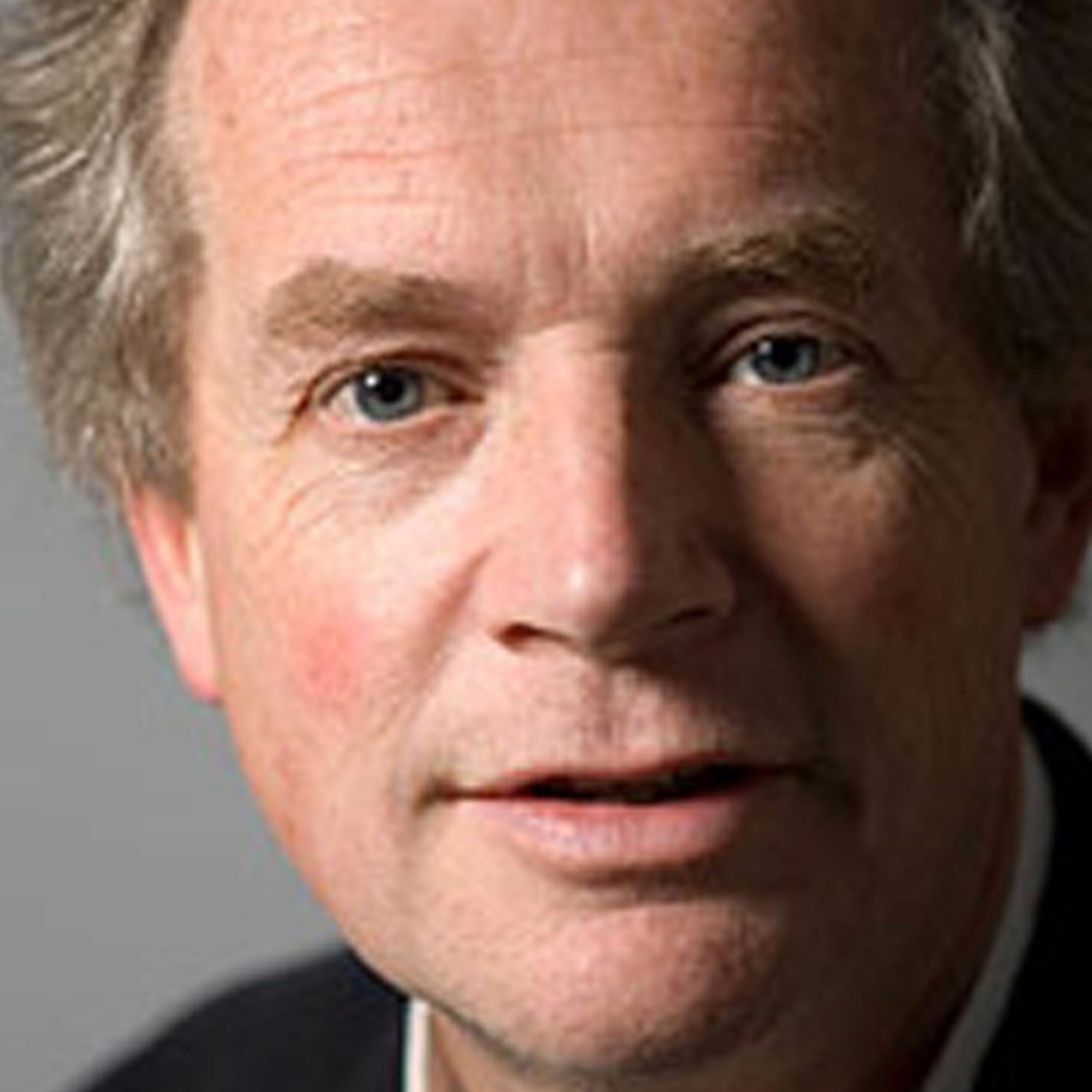John Ellis, "How Documentary Went Digital: Implications of Informal Filming and Skeptical Audiences"

Digital filming has transformed documentary, offering new potentials to filmmakers and at the same time transforming audience attitudes. Filmmakers have been able to work more informally with their subjects, giving rise to the fusion format of reality TV as well as changing the nature of documentaries themselves. From the audience perspective, affordable digital platforms mean that almost everyone knows what it is like to film and be filmed. The result is a transformation of the documentary genre, where films are now seen as documents of interactions rather than expositions of fact. Ellis explores this new phase in documentary, using methods derived from Goffman as well as an intimate understanding of the technologies of filming.\n\nJohn Ellis is Professor of Media Arts at Royal Holloway University of London, and this semester\u2019s visiting scholar at the Annenberg Institute, University of Pennsylvania. He is the author of Visible Fictions (1982), Seeing Things (2000) and TV FAQ (2007) and the co-author of Language and Materialism (1977). His Documentary: Witness and Self-Revelation will appear in 2012, and is based in part on his 19 years as an independent producer for British TV, making documentaries about cinema and the arts, the politics of media, and the food industry. He served on the editorial board of Screen magazine (1975-1985), was the vice-chair of the film producers\u2019 association PACT (1988-1994), and now chairs the British Universities Film & Video Council (BUFVC).